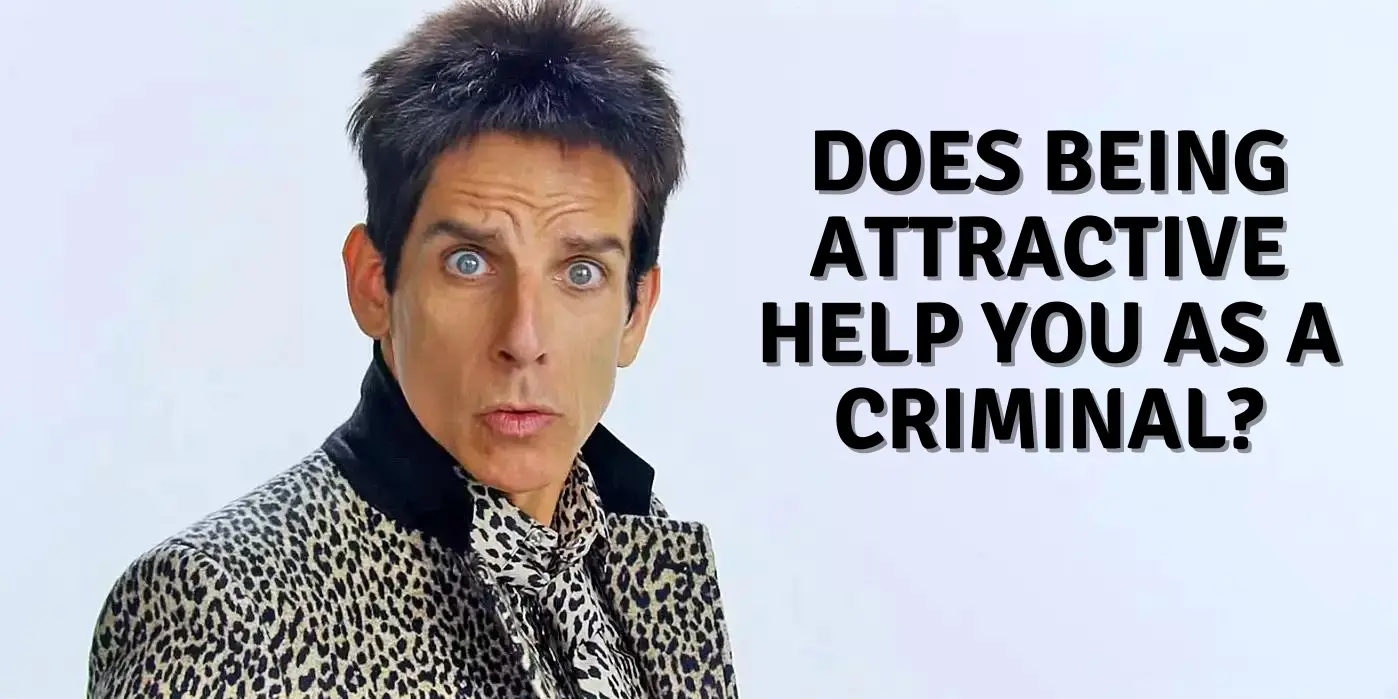
DOES BEING ATTRACTIVE HELP YOU AS A CRIMINAL
In a previous post entitled DOES BEING ATTRACTIVE HELP YOU IN COURT, it was discussed (and further discovered) that we must accept living in a world where the beautiful people can literally get away with murder and that the ugly are banished to more severe forms of punishment in this lifetime. Sucks, right? Well… only if you are ugly.
That said, all conclusive evidence suggests it helps to be good-looking and definitely does not hurt your legal chances. So just to piggyback on all this groundbreaking information, we now explore How Exactly Does Being Attractive Help You as a Criminal?
Does being attractive help you as a criminal?
Yes, it in fact does, and science seems to back it all up. Numerous experiments and interviews conducted with mock jurors and law enforcement officials found that more attractive defendants were less likely to be convicted through the criminal justice system. Furthermore, if and when found guilty, they also tended to receive less severe forms of punishment.
Science has shown that being attractive and individuals with good looks carry the perception of having higher levels of intelligence, being more honest, and increased levels of success.
Although physically attractive individuals are no better than lesser attractive people per se, the stereotype regarding attraction is very much alive and well, and one that sticks throughout life.
How does being attractive help you as a criminal?
Study after study suggest that people make major decisions based on how attractive other people look. Aside from the previously mentioned, we automatically assume positive moral traits are tied to good looks, with the preconceived notion that an attractive individual appears to be more trustworthy, socially skilled, and likeable as opposed to their lesser attractive counterparts.
It is due to possessing these positive character traits and qualities (mind you, not achieved genuinely, but by way of good looks), that one could very much find themselves being able to escape certain legal ramifications, or at the very least, experience a less severe form of punishment from their actions.
The surreal reality of this is true. Good looks will all but guarantee someone a better chance of negotiating a more favorable outcome in everyday life situations, with the ability to capture and persuade their audience at a much higher rate.
For the rather ambitious individual, it would be extremely hard to not capitalize on all this available opportunity, felon or not.

What is the Attraction Leniency Effect?
The attraction leniency effect (ALE) suggests that physically attractive individuals are less likely to be perceived as guilty compared to a less attractive person on the basis of someone making a decision in respect to legal consequences.
This leniency and bias were commonly observed in numerous mock court trials and experiments with jurors needing significantly less evidence to reach a more favorable verdict when the face of a defendant appeared to be more pleasant to the eyes and theoretically construed as more trustworthy.
The reason for the biasing effect of facial trustworthiness on judicial decisions might be due to the activation of criminal stereotypes. Trustworthiness and criminal appearance were closely related.
Untrustworthy faces were generally perceived as more criminal in appearance than trustworthy faces; a more attractive face is commonly perceived as trustworthy, so subsequently that person is considered less of a threat due to having less of a criminal appearance.
What is the Halo Effect?
The Halo Effect is the theory that when someone is attractive, we often seem influenced to regard them in a certain way and assign them of having other positive traits (kindness, generosity, friendliness). This is known as the halo effect. In courts, psychological research has shown the halo effect to often influence verdicts made by many juries.
For example, you might see a physically beautiful person and assume they are generous, smart, and caring, and would make an ideal mate and romantic partner, however, the inherent flaw with “The Halo Effect” is that it leads to poor, irrational decision-making resulting in dire consequences due to someone being overly reliant on first impressions.
As it stands, a jury may not exactly qualify as a rational decision-maker, and with certain pre-conceived notions that are hard to ignore (attraction), the obvious potential of biasness in legal decision making is certainly a possibility whether we want to admit it or not.
–The Educated Felon
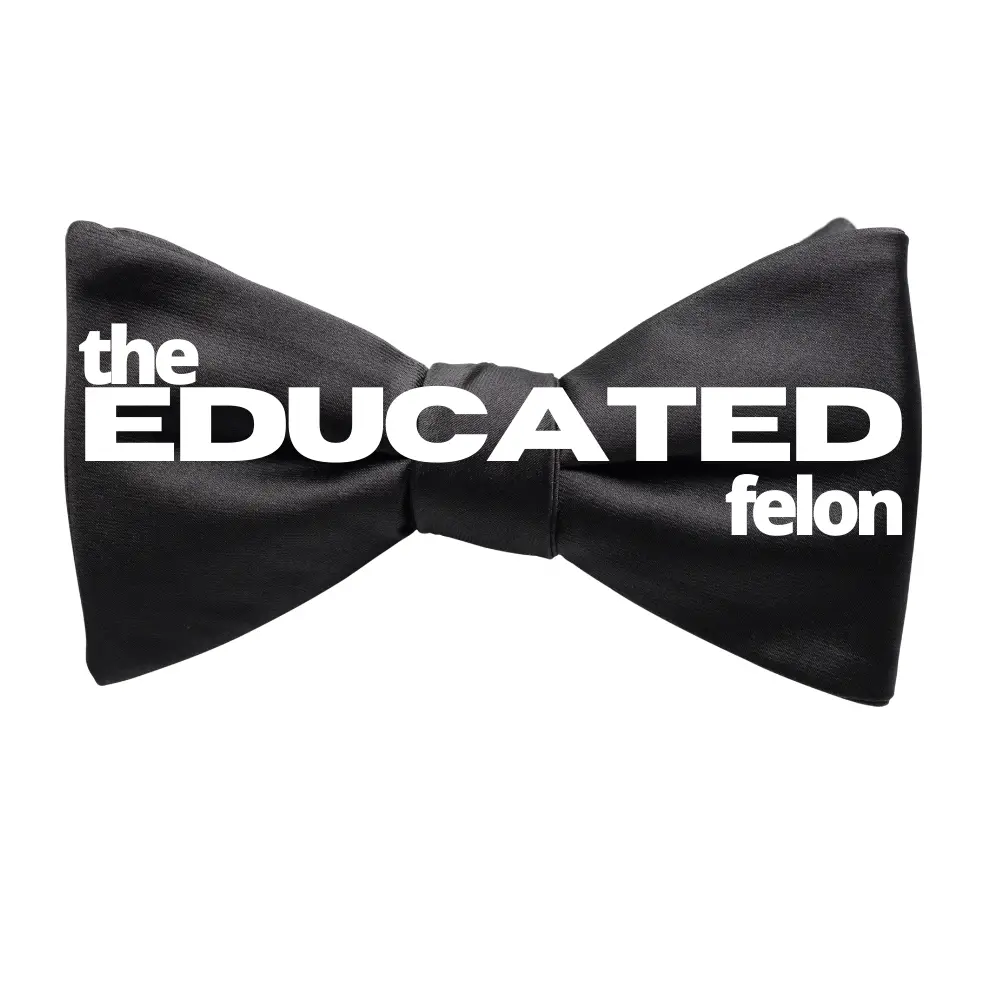


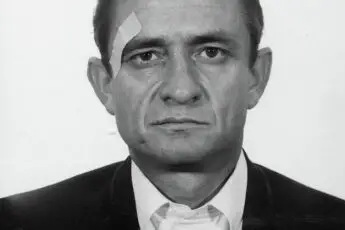
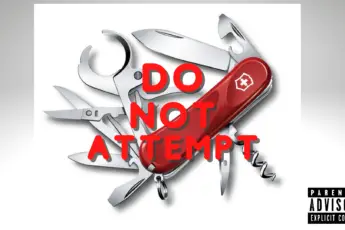




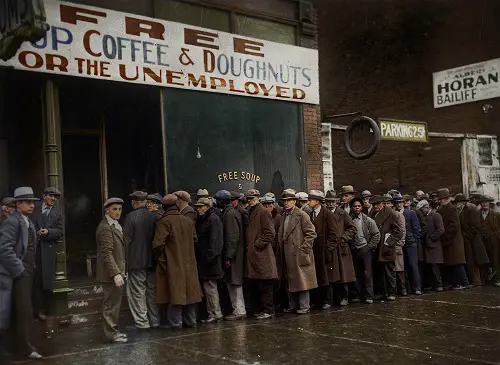

Leave a Comment